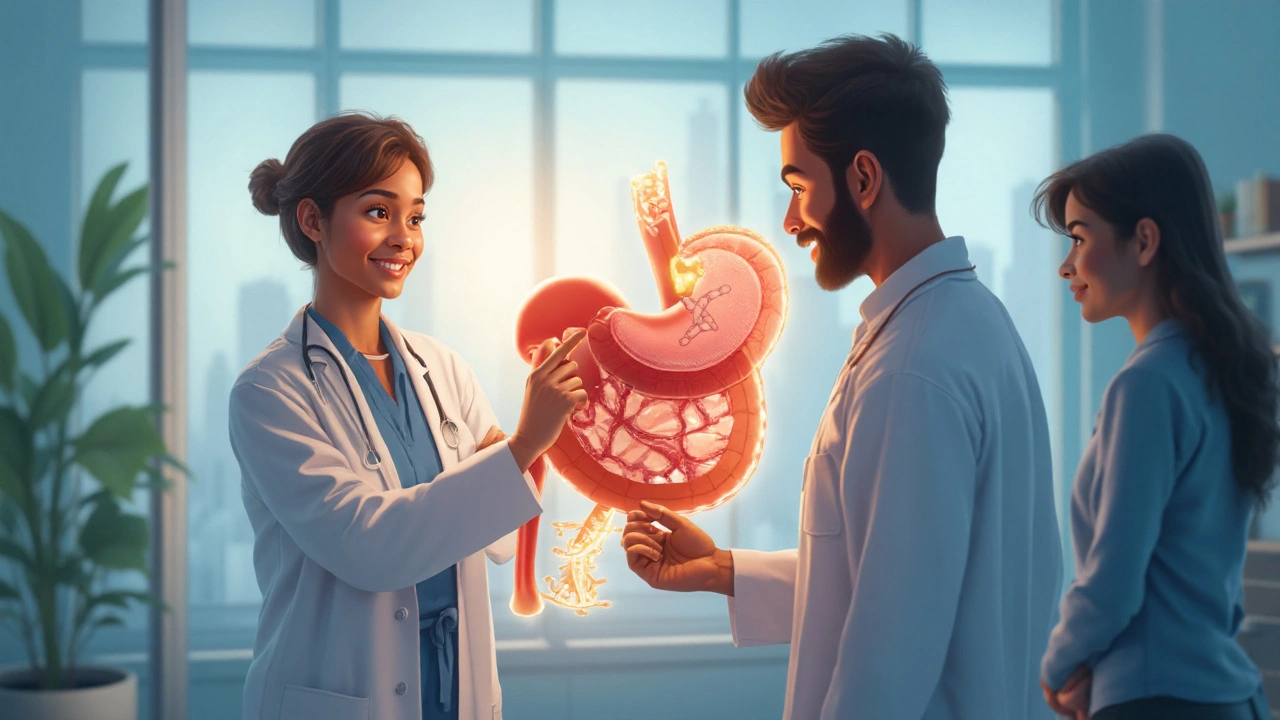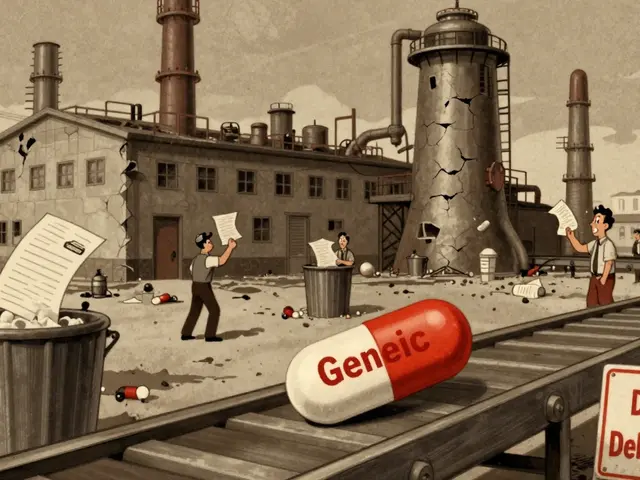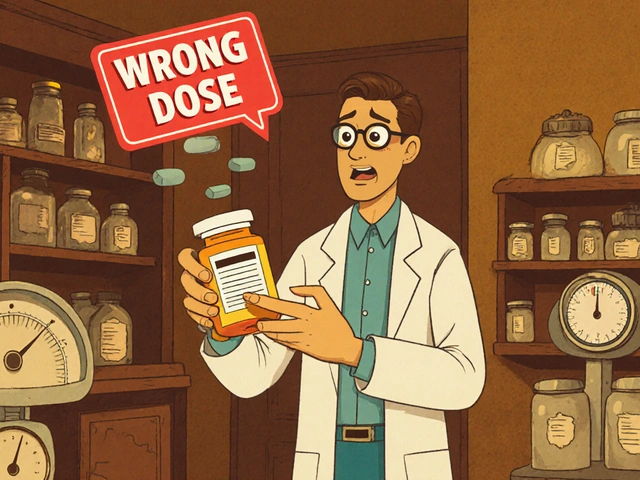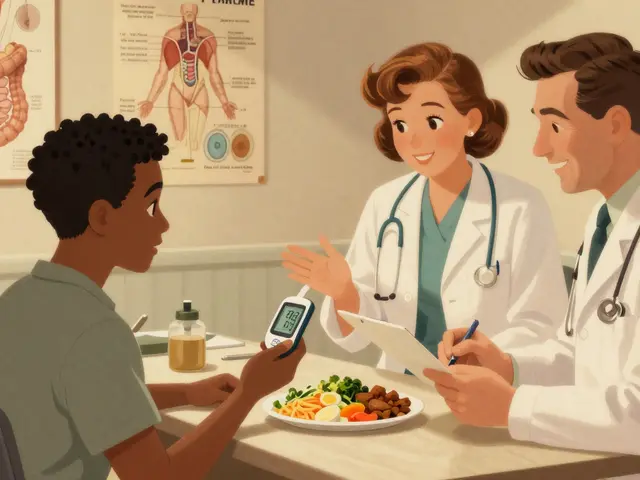Gallstone Risk: Know the Triggers and Cut Them Out
If you’ve ever heard someone say they got a gallstone “out of the blue,” you’ll be surprised to learn there’s actually a list of everyday habits and conditions that raise the odds. Understanding those risk factors lets you tweak your lifestyle before a stone even forms.
Top Things That Push Your Gallbladder Toward Stones
Age and gender. People over 40 and women are more likely to develop gallstones. Hormonal changes—especially estrogen during pregnancy or birth‑control pills—make the bile more cholesterol‑rich, which helps stones grow.
Weight and diet. Being overweight or obese is a major driver. Extra fat boosts cholesterol in bile, and a diet heavy on fried foods, refined carbs, and sugary drinks adds fuel. On the flip side, rapid weight loss—think crash diets or bariatric surgery—can shock the liver into dumping excess cholesterol into the gallbladder.
Medical conditions. Diabetes, especially type 2, raises triglycerides and lowers gallbladder motility, both of which favor stone formation. High‑cholesterol blood levels, fatty liver disease, and certain blood disorders (like hemolytic anemia) also count.
Family history and genetics. If a parent or sibling had gallstones, your risk climbs. Some people inherit a tendency to produce cholesterol‑rich bile.
Medications. Some drugs, like hormone replacement therapy, certain cholesterol‑lowering meds, and even some antibiotics, can tip the bile balance toward stone‑forming conditions.
Practical Steps to Lower Your Gallstone Risk
Now that you know the culprits, let’s talk prevention. The goal is to keep bile flowing smoothly and keep cholesterol levels in check.
Eat a balanced, fiber‑rich diet. Load up on vegetables, fruits, whole grains, and legumes. Fiber binds to cholesterol in the gut and helps the liver use it, leaving less to form stones.
Choose healthy fats. Swap butter and deep‑fried foods for olive oil, avocado, and nuts. These fats don’t overload the gallbladder the way saturated fats do.
Watch your weight, but lose it gradually. Aim for a steady loss of 1–2 pounds per week if you’re shedding pounds. Slow weight loss lets the liver adjust without flooding the bile with cholesterol.
Stay hydrated. Drinking plenty of water keeps bile less concentrated, which makes stone formation harder.
Limit sugary drinks and refined carbs. They raise triglycerides and can lead to insulin resistance, both of which increase gallstone risk.
Talk to your doctor about medications. If you’re on hormone therapy or other drugs linked to stones, ask whether a lower dose or alternative is possible.
Finally, if you have a family history or a medical condition that puts you at higher risk, schedule a check‑up. Ultrasound screening can spot small stones before they cause pain.
Bottom line: gallstones aren’t a random fate. By watching what you eat, keeping your weight in check, and staying on top of any health issues, you can dramatically lower your gallstone risk and keep your gallbladder running smoothly.
Genetic Factors Behind Gallstones: How Likely Are You to Develop Them?
Explore how genetics influences gallstone formation, learn the key genes involved, assess your personal risk, and discover practical steps to manage it.





